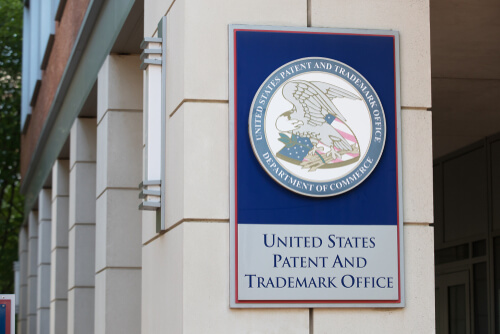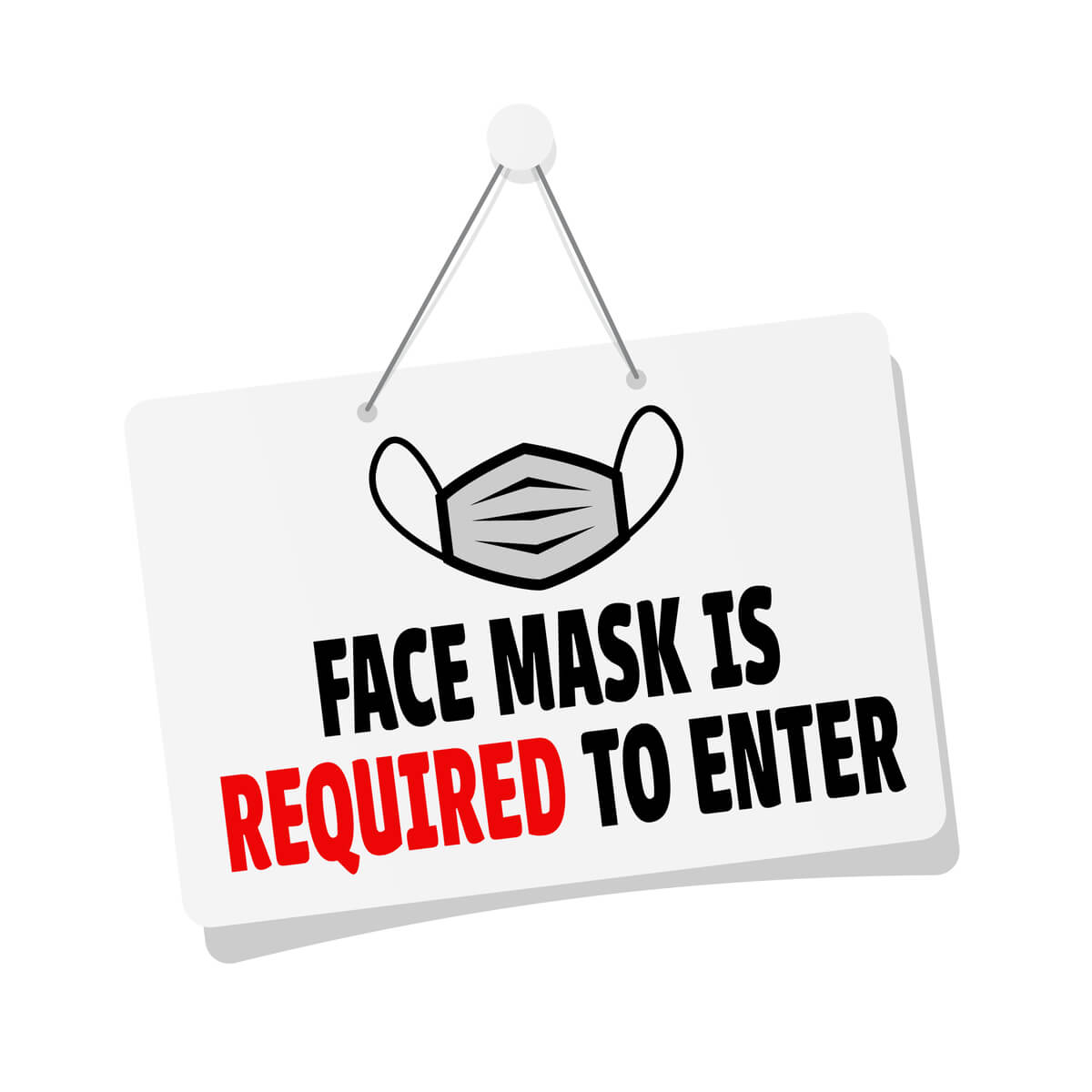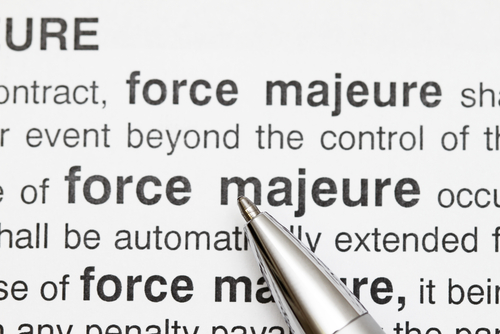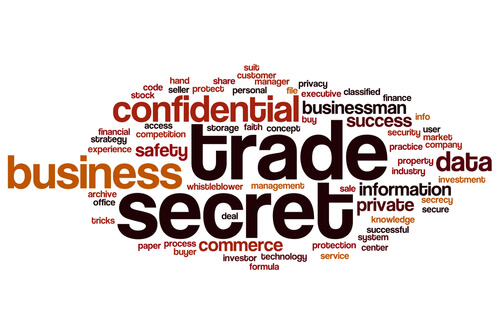Most people don’t enter into a business partnership expecting it to end, but relationships can sour, problems may come to light, or even an unexpected economic downturn due to the COVID-19 pandemic can happen and necessitate dissolution. Though it sounds easy in theory, difficulties can arise if you and your partner failed to address dissolving the partnership in New York when it was formed. It’s akin to creating a prenuptial agreement before marriage – if you divorce, the prenup guides the process. If not, you start from scratch when problems already exist.
Review All Your Business Documents
Wait to take actions that dissolve the partnership until you review all the documents related to your business. Either the partnership agreement, the Articles of Incorporation, or both may include information about how the business partnership would be dissolved. If a process is laid out, a New York business transaction attorney can review the documents and guide you through the process to ensure everything is done correctly.
If Dissolution Isn’t Addressed in Your Partnership Agreement
If the documents offer no guidance, as often happens with informal partnerships involving spouses or family, you need to write down your intention to dissolve the partnership and send it to your business partner by certified mail to create a notification record. Though your partnership may have been informal, you want to be formal with dissolution to be on the safe side.
File Dissolution Documents and Resolve Creditor Claims
You should also file dissolution documents with New York State to notify your creditors that your business won’t take on any more debt under the partnership’s former terms. Though this isn’t mandatory, it’s prudent because as a business partnership, both partners are responsible for the partnership’s debts – any decisions made before notifying New York and creditors of dissolution obligates both partners. If you have outstanding debt or creditor claims, these must be resolved before you are free and clear.
Consider Tax Implications
It’s important you remember that, if you have them, you still need to deal with taxes owed for the year you dissolve the partnership as well as the year prior to avoid trouble with the IRS or tax offices at the local or state level. Filing annual returns or quarterly taxes will likely save you and your partners enormous headaches down the road.
New York Business Transactions Lawyer
Business partnerships form because parties believe they can achieve great things together; that’s why dissolving a partnership is generally not a pleasant experience. However, it’s important to ensure the proper steps and formalities are followed with regard to creditors and tax liabilities to avoid continued problems and stress that persists long after the partnership ends. To make sure you’re protecting yourself and completing the process thoroughly and correctly, it’s wise to speak to an experienced New York business transactions lawyer at MOWK Law before beginning the dissolution process. We will look out for your best interests and work to ensure you can confidently close the door on this chapter. Contact us today to have your questions answered and get started today.








